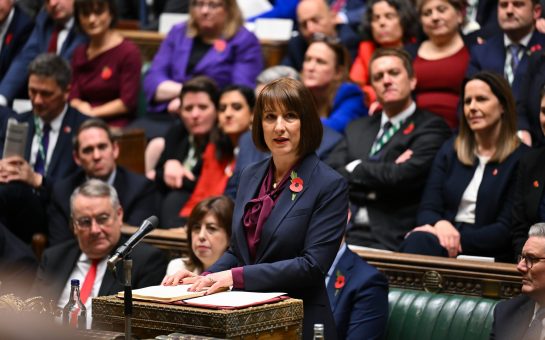Manchester has been ranked as the second best university city for student support services, with Newcastle at the top of the list.
The ranking, created by Vegetology, analysed ratings from the Care Quality Commission (CQC) for GP and mental health services in each university city.
By scaling the number of services against the local population, they were able to identify where providers are likely to be overstretched.
Founder of Vegetology and wellness expert Chris Smith said: “Starting university is a huge transition for young adults, and now that the exhilaration and excitement of starting somewhere new is starting to fade, it’s likely that many students are now struggling to cope with the stress, low mood, and anxiety that comes with university life.”
20 cities were assigned a score out of ten based on mental health service availability and quality and GP availability and quality.
Manchester achieved an overall score of 7.7/10.


The CQC scale ranges from ‘inadequate’, ‘requires improvement’, ‘good’ and ‘outstanding.’
A recent survey from Mental Health UK found 42% of university students have a serious personal, emotional, behavioural or mental health problem and require professional help.
According to the CQC, Manchester has 47 mental health services and 415 GPs within a ten mile radius of the city centre.
This is 83% more than Bradford, which has a similar population size, with 23 mental health services and 229 GPs within the same radius.
The 20 cities averaged 4.9/10 for the quality of mental health services – highlighting that there are improvements that need to be made across the UK.
Reportedly 1.3 million patients wait more than four weeks to see a doctor.


Manchester ranked 7.3/10 for GP quality, the highest of all university cities surveyed. It was also the only city to achieve 10/10 for GP quality.
However, Manchester was joint third with Nottingham for the lowest rated quality of mental health services – ranking 3.5/10. Overall 23% of its services were rated inadequate and 21% were deemed as only good.
Chris Smith added: “Universities have a responsibility to evaluate the mental health provisions in their local area and address the shortfalls – either by offering a free in-house counselling service, or partnering with a local GP to make it easier for students to prioritise their mental wellbeing.”
Featured image free to use under Pixabay Content License




